Up For Discussion – Rehabilitation Permit Fees
The Federal Aid in Wildlife Restoration Act (aka Pittman-Robertson Act, passed by the U.S. Congress in 1937, provides a mechanism for collecting and distributing federal aid to states for management and restoration of wildlife through an excise tax on sporting arms and ammunition. States contribute matching funds—collected primarily through the sale of hunting and fishing licenses–to receive this aid primarily. The Act offered states their first source of income for enforcement of wildlife laws, for habitat protection, and for many other conservation programs, creating Departments of Natural Resources (DNRs) as we know them today. Consequently, it gave hunters a powerful voice within the agencies… and that’s the primary reason they supported the legislation.
The idea of charging a fee for rehabilitation permits arises periodically, especially when agency budgets are being squeezed—and not just in the U.S.. Rehabilitators who are against permit fees argue that, unlike recreational resource users, they provide a free and yet valuable service to both the public and to the agencies; therefore, even a small fee for rehabilitation permits is an unjust burden on a group that is already making sacrifices for the good of wildlife, the public, and the state agencies that oversee their work. Those who support permit fees argue that the benefits to gained are worth the relatively small cost—“legitimization” of rehabilitation, a stronger voice within the agencies, and a source of funds to support research using the data collected on annual reports.
The Question: Should rehabilitators support annual permit fees?
Let your voice be heard in the Journal of Wildlife Rehabilitation’s upcoming issue. Send your thoughts on this issue to: jwr.editor@gmail.com. Replies may be edited for space and clarity. Please respond by 6pm EDT Wednesday, April 7.

Leave a Reply
You must be logged in to post a comment.